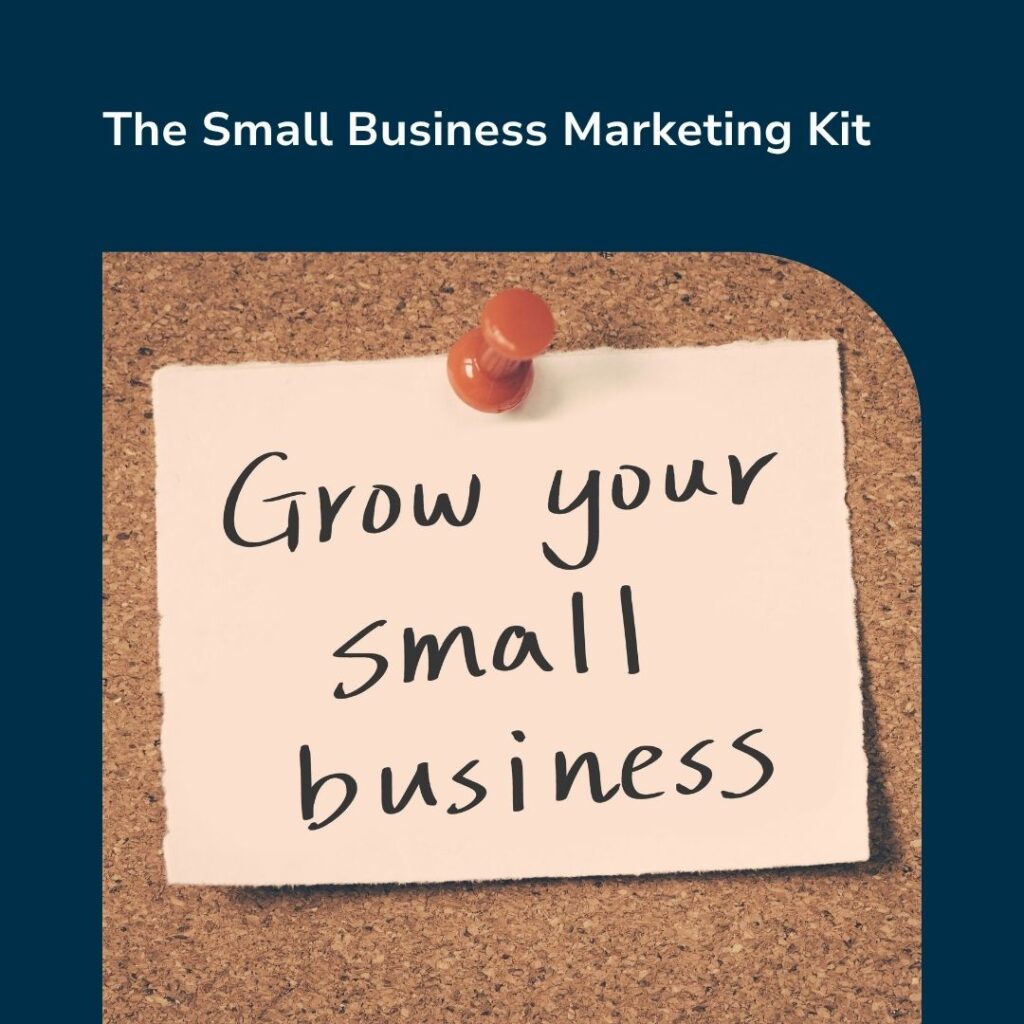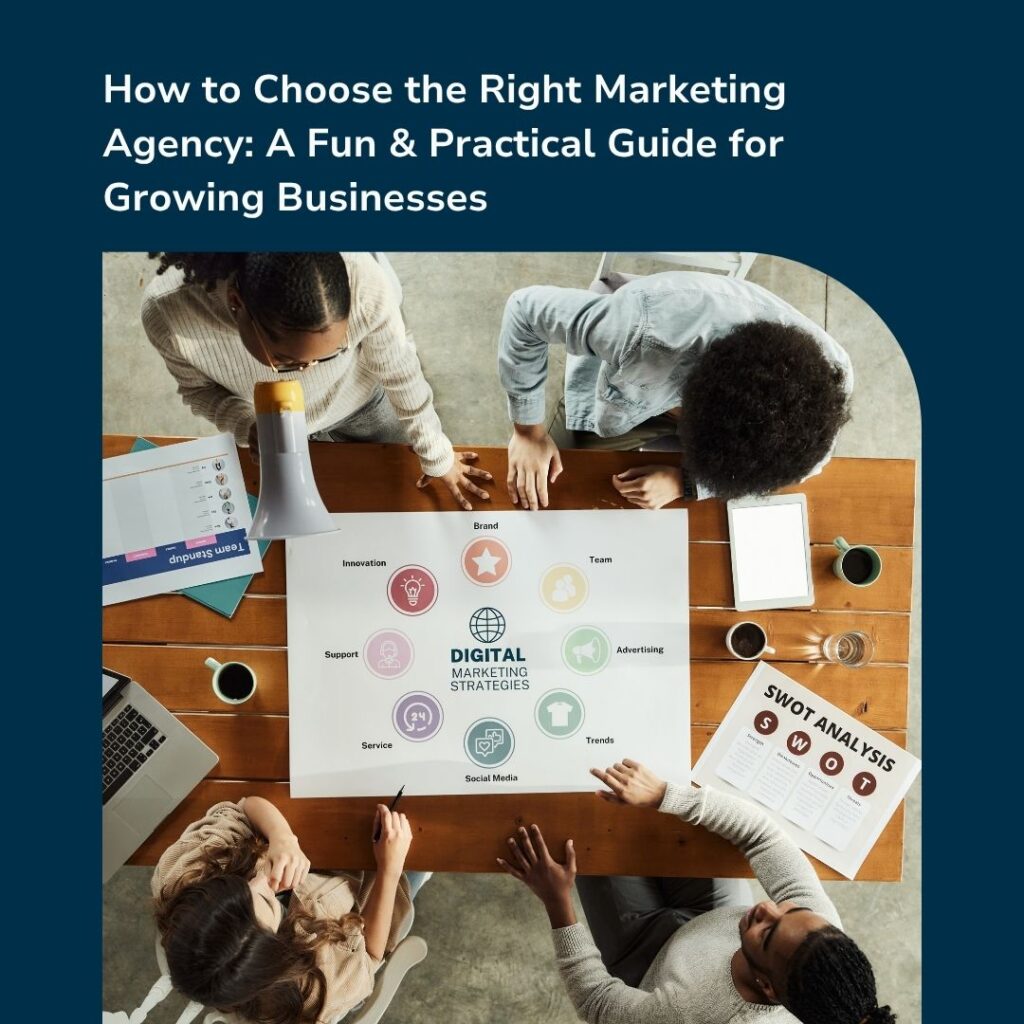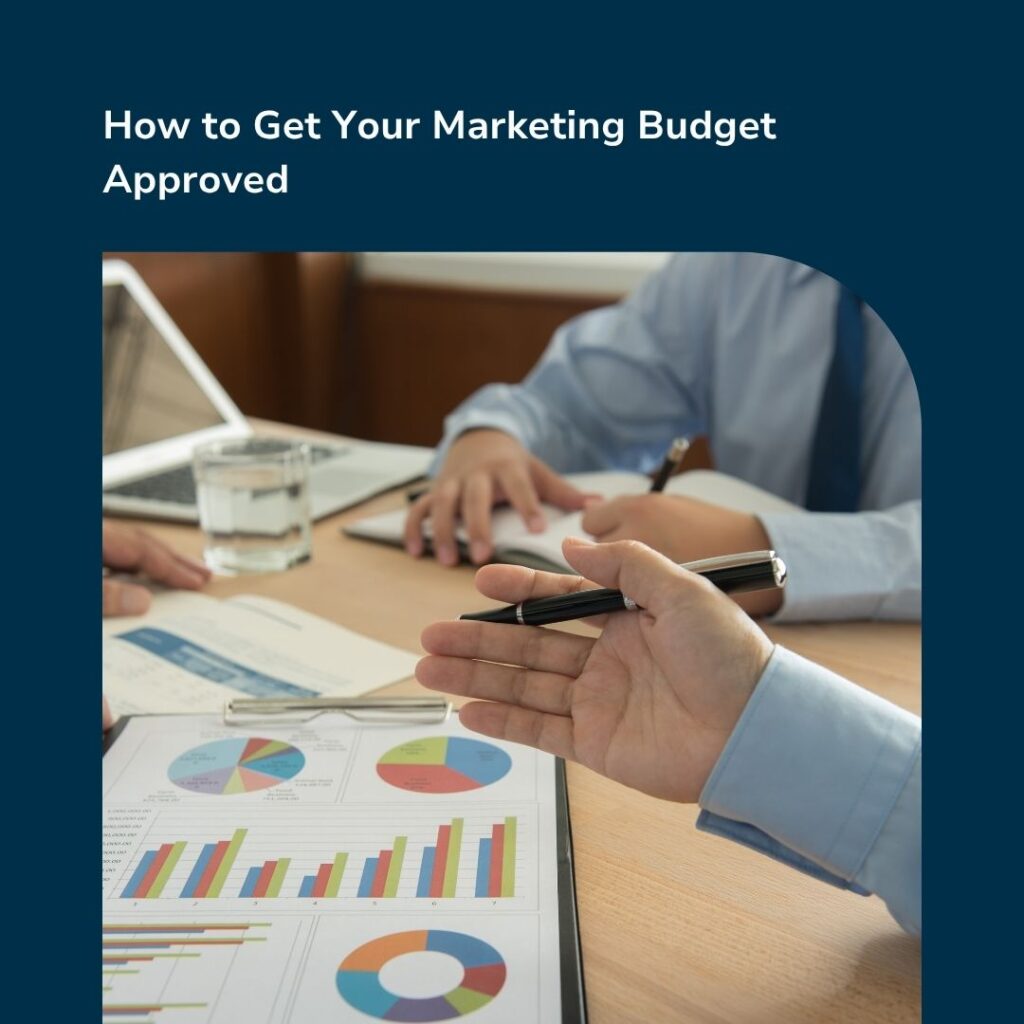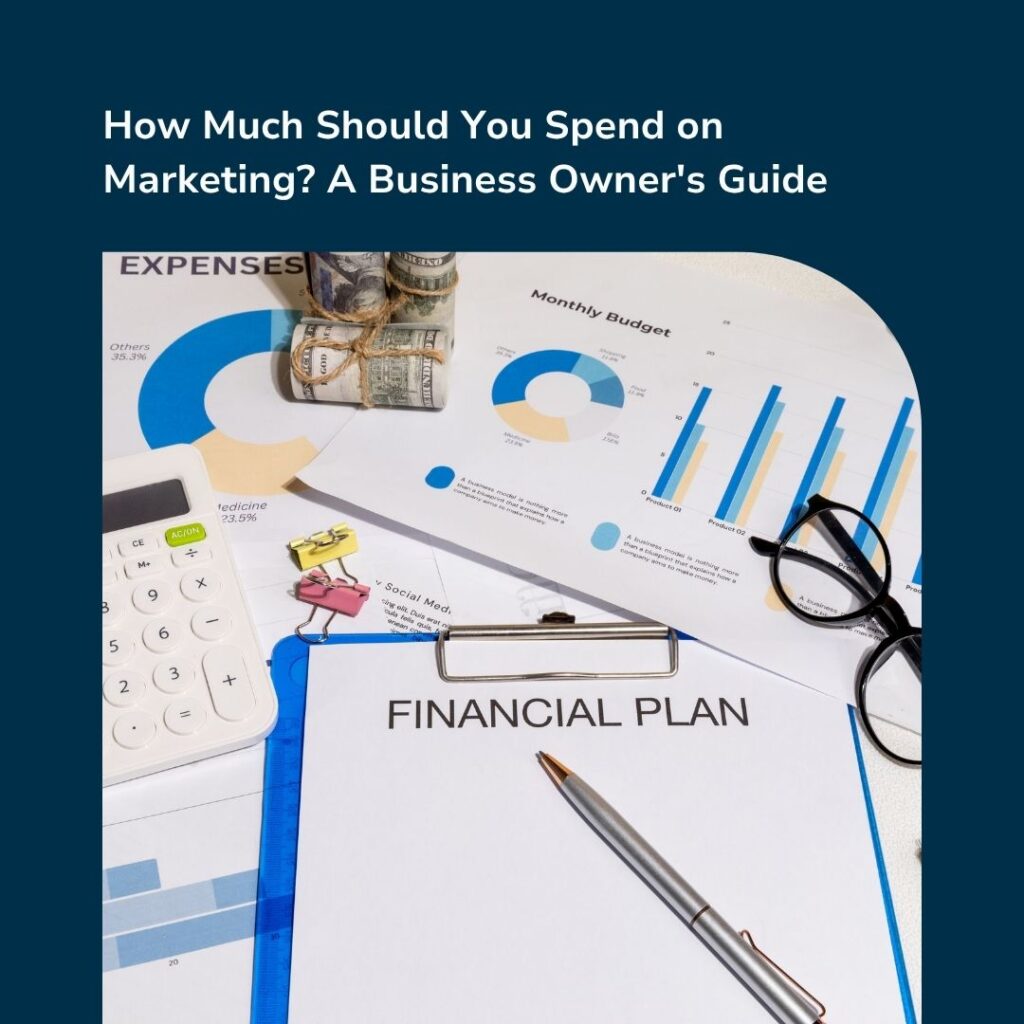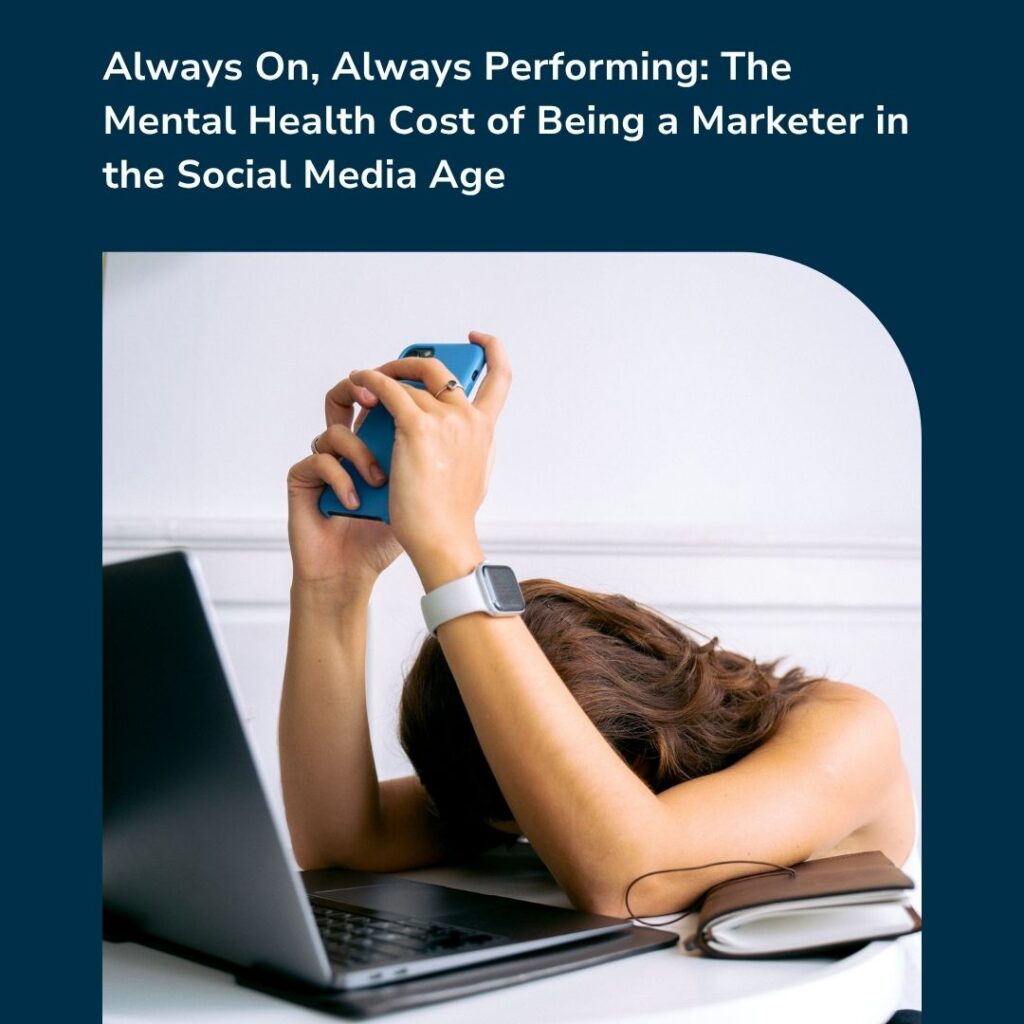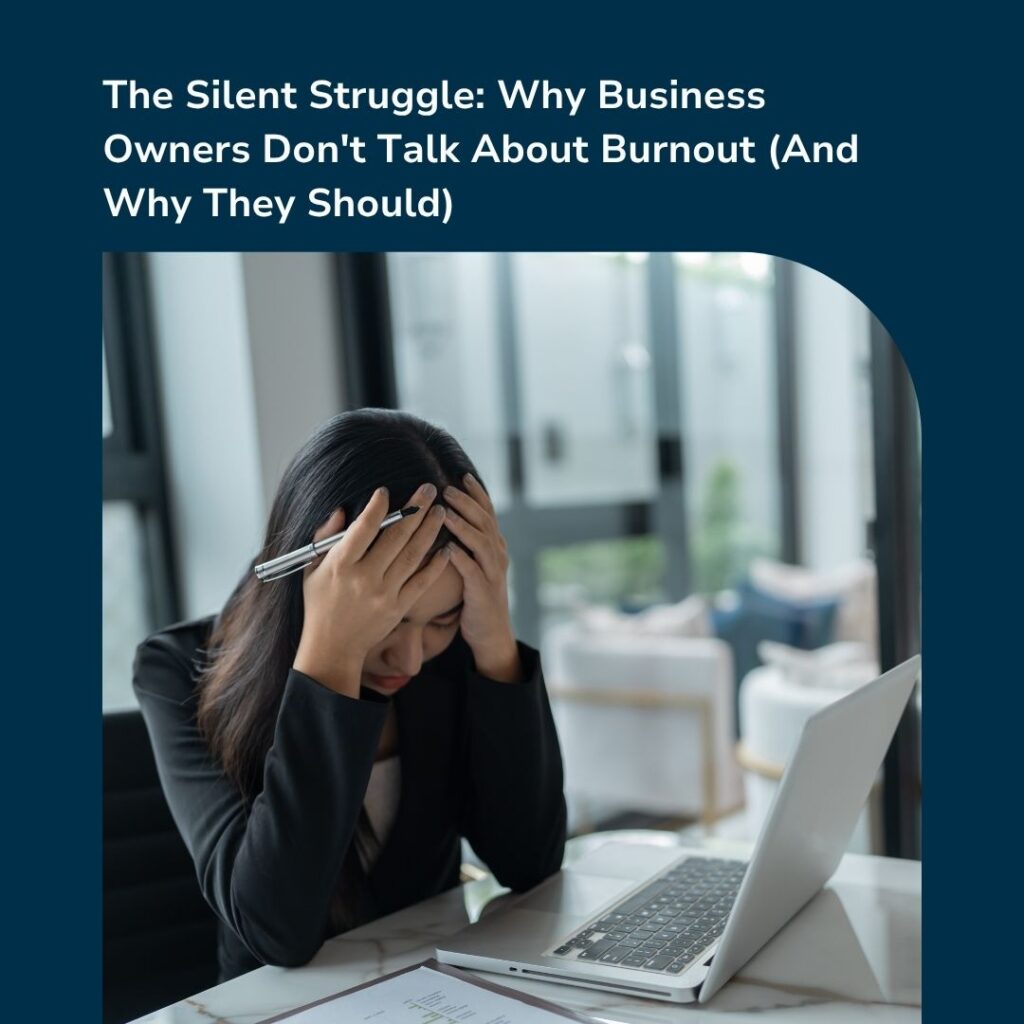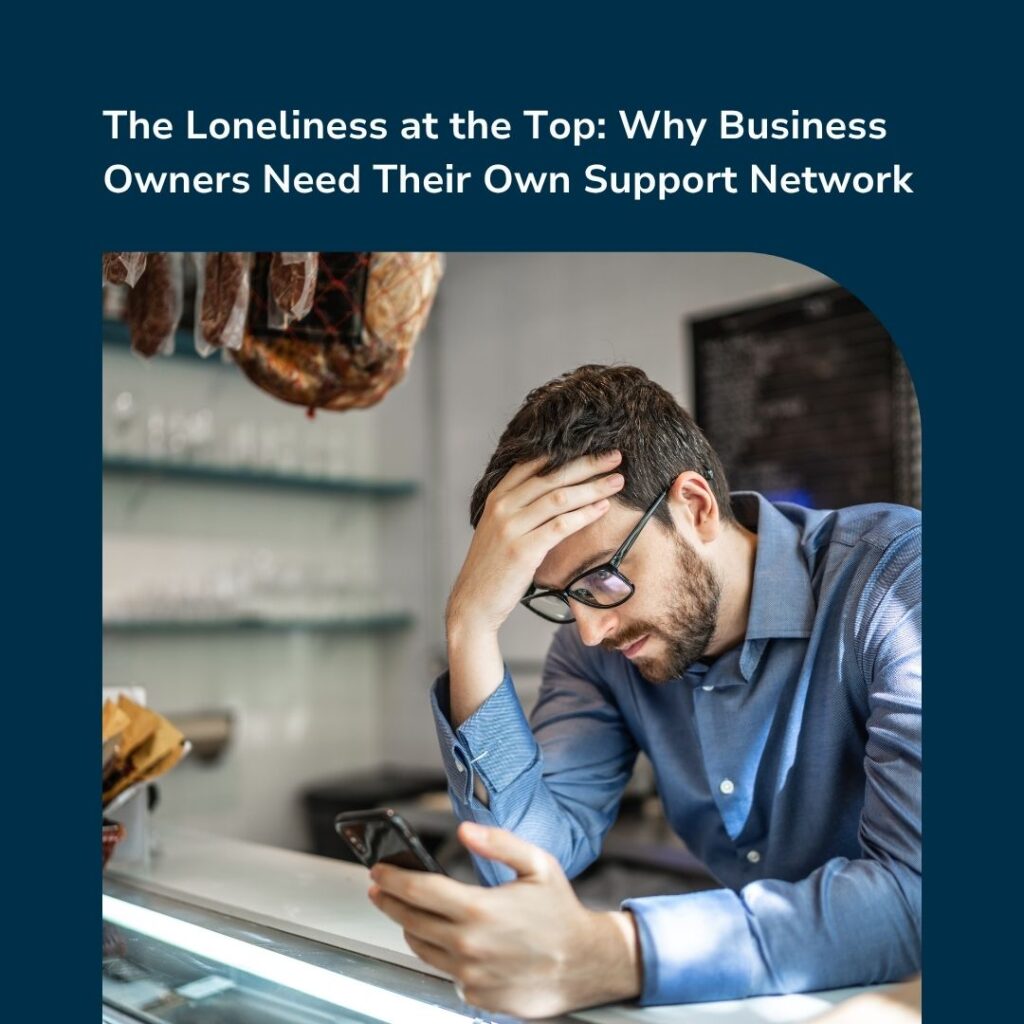[vc_row][vc_column][vc_column_text]
Tags – Fear Appeals Advertising
Do you think gaining £5 and losing £5 are equally opposite? It sounds so, doesn’t it?
What if I tell you that at a human level, 5 – 5 is not 0?
Let me put it in a different way. Do you think if you find £5 on the street and then lose it while going home, your emotions will be neutral?
According to neuroscience, in such a case, you will actually be sadder than you were before you found the money.
In fact, even if we flip the situation, the case stays the same. If you lose £5 while going home and someone gives you £5, you will be sadder than before you lost the money.
Scientists suggest that in order to make up for the fiver you have lost, you need to gain a tenner. It sounds illogical, but there is huge research behind this phenomenon.
I am not suggesting here to throw a fiver on the ground and pick it back up. We can draw some marketing lessons from this understanding of human behaviours.
Fear Appeals Advertising
When we think of selling a product, we think of the gain that we will be making by having the product.
You might be doing the same with your products and services. You straight up talk about the benefits of using your products and services.
But, humans are so negative centric that if you want to sell to them, the better tactic is to flip your statements from the loss angle.
In simple terms, talk about how not having your product will create discomfort for the client. In most cases, you have to imply it.
For instance, if you are a wealth manager, talking about the cases of money mismanagement will do the trick for you. Similarly, if you have a coffee shop, you can talk about how a bad cup of coffee in the morning can ruin your day. Or how coffee became a social lubricant, like we do in this video:
The ideas presented here are not new. In fact, we have been seeing such stuff in traditional and modern advertising for ages.
TV Commercials
Does this ring a bell?
Imagine an ad where a person is sleeping in a bed. In the middle of the night, the person wakes up because of a back pain. Then, the visuals cut to how this “great mattress” gets rid of the back pain.
The people watching may not even have a back pain but they start feeling like avoiding the problem. It is not even about curing something, it’s about preventing a negative feeling.
Now imagine if the ad started with how a person with a back pain stopped having the issue by buying the mattress, without the build up. Your first thought won’t be to buy the mattress to cure your back pain, unless you have one.
In an interesting fashion, the idea of prevention makes more money than the cure, unless you are fixing an epidemic. There is simply a bigger market that doesn’t want to go through a negative feeling and would like to avoid it by buying your products and services.
Exceptions of the Rule
We are not suggesting that this strategy works everywhere. If you are a pharmacy company, you won’t be selling cancer medication to healthy people – that is just illegal and unethical.
But, the whole industry of selling vitamins and alike is built on the fear appeals process. If people actually knew that they are paying for expensive bodily fluids, they will stop paying.
But, the reality is, most people have convinced themselves that they have more energy when they take supplements. The case of coffee is no different.
You get the idea.
Just remember that you are not going to change the world in cases where we are programmed in a certain way.
The positive thing is, as long as people are spending money, it is good for the whole economy and the way things work. Just don’t cause people any kind of harm using such tactics. And, let’s make sure that people are spending on our products and services.
At Axies Digital, we not only keep up with human behaviour research, we extend it to the digital side of things. To learn more, get in touch today.[/vc_column_text][/vc_column][/vc_row]

